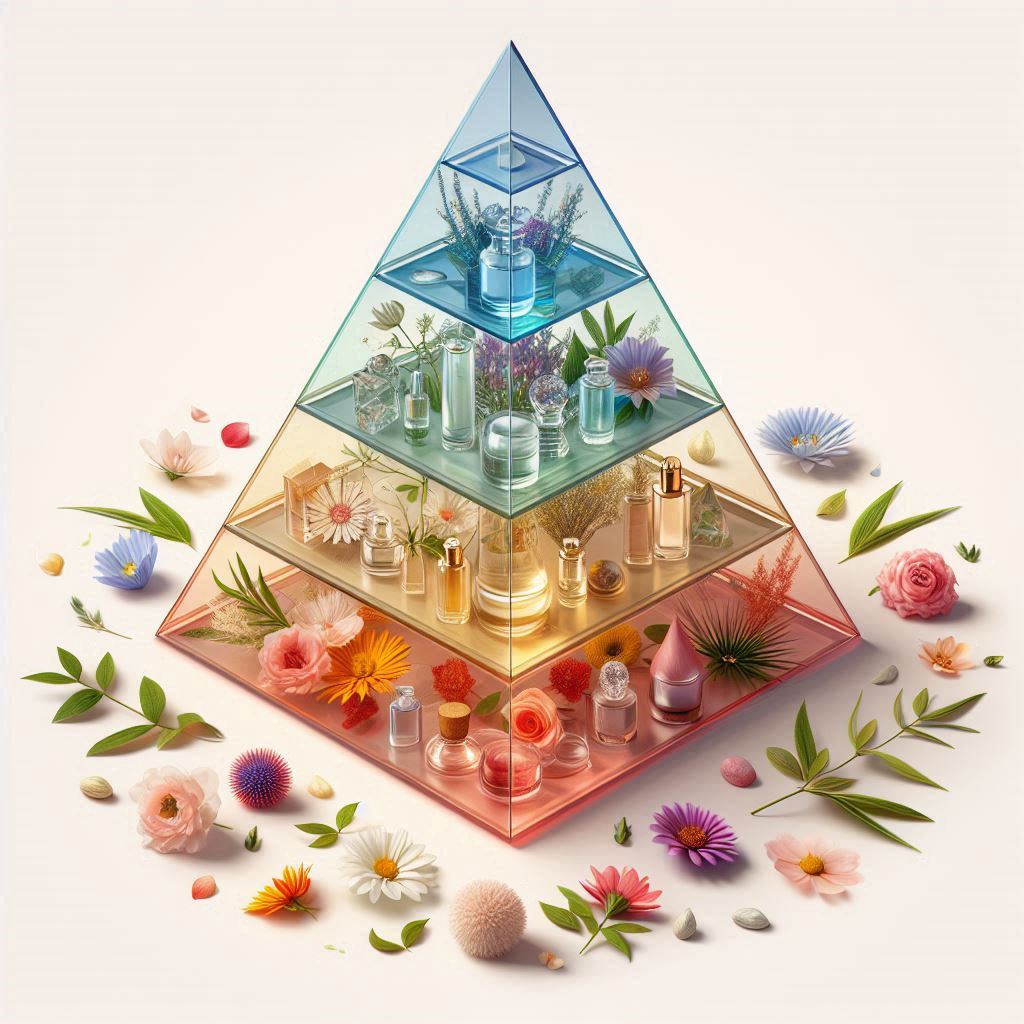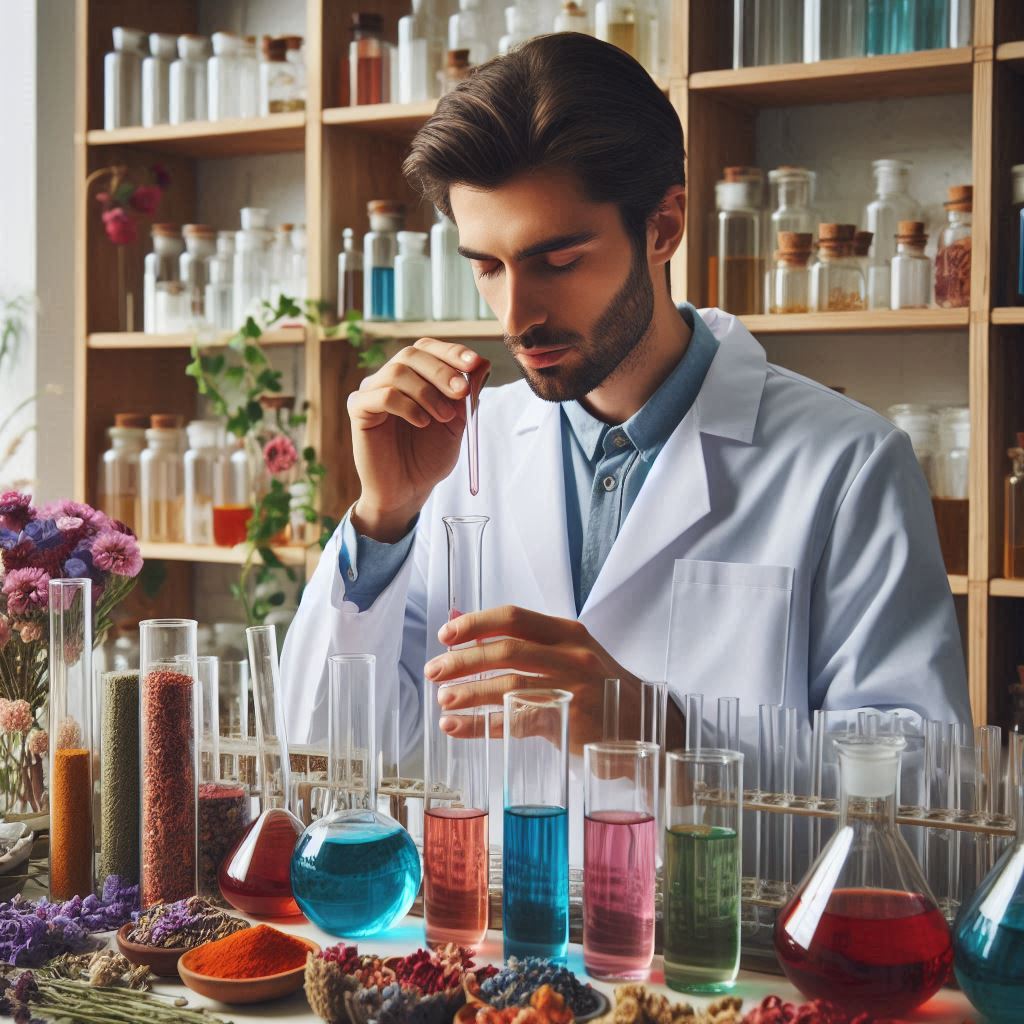Understanding the Science Behind Long-Lasting Fragrances
In the symphonic art form of perfumery, certain essences manage to carve their indelible imprint on our senses, lingering and teleporting us across a vast spectrum of memories and emotions. But what enigmatic alchemy ensures the longevity of these olfactory symphonies? Let’s embark on an olfactory odyssey:
-
Fragrance Molecules: The principal actors in any perfume are the molecules. Each molecule has unique characteristics that define its scent and volatility. Highly volatile molecules evaporate quickly, producing initial scents that soon fade. Less volatile molecules linger, establishing the longer-lasting heart and base notes of the fragrance1.
-
Pyramid Construction: Perfume longevity depends on the molecular structure of key ingredients and the pyramid construction of the fragrance. The top notes provide an initial burst of scent, followed by heart notes that develop over time. Finally, base notes anchor the fragrance and contribute to its lasting power.
-
-
Top Notes (Head Notes): These are the initial scents that greet you when you spritz a perfume. They’re like the opening chords of a symphony—bright, fresh, and fleeting. Imagine zesty citrus, invigorating herbs, or delicate florals. 🌸🍋
-
Heart Notes (Middle Notes): As the top notes fade, the heart notes emerge. These form the core of the fragrance, lingering for hours. Floral bouquets, spices, and fruity accords dance harmoniously here. Think of them as the melody that carries the story forward. 🌹🌿
-
Base Notes: The foundation of any perfume, base notes anchor the composition. They unfold slowly, revealing their depth and richness. Woods, resins, and musks create the lasting impression, akin to the bass notes in a symphony. 🌲🎶
-
-
-
Concentration Matters: Different perfume concentrations affect longevity:
- Eau de Cologne: Lightest concentration, lasts a few hours.
- Eau de Toilette: Moderately concentrated, lasts 4-6 hours.
- Eau de Parfum: Higher concentration, lasts 6-8 hours or more.
- Perfume (Extrait de Parfum): Highest concentration, can last up to 24 hours or longer.
-
Fixatives and Base Notes: Fixatives are ingredients that slow down the evaporation of volatile molecules. Base notes, often woody or musky, contribute to a fragrance’s longevity.
-
Personal Factors: Factors like skin type, body temperature, and pH influence how a fragrance interacts with your skin. Moisturizing with unscented lotion or oil before applying perfume can help trap the scent and enhance longevity2.
Remember, choosing the right fragrance involves both science and art. Enjoy your aromatic adventures! 🌿🌟


